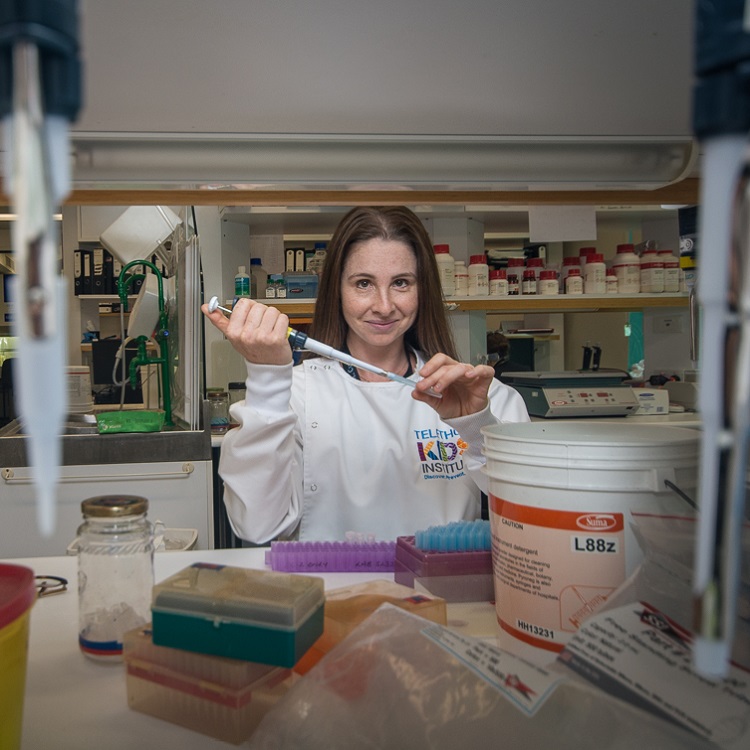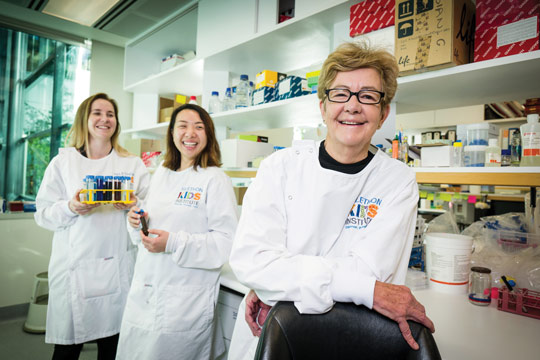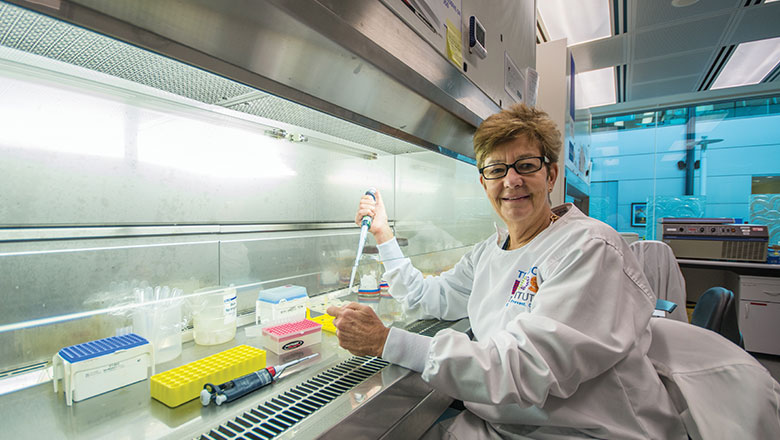Search
Research
Gene regulation by 1,25-dihydroxyvitamin D3 in CD4+CD25+ cells is enabled by IL-2Vitamin D may be responsible for reducing the development and severity of autoimmune and allergic diseases. Topically applied 1,25-dihydroxyvitamin D(3) (1,25(O
Research
Immune-modifying properties of topical vitamin D: Focus on dendritic cells and T cellsTopical creams containing the active form of vitamin D (1,25-dihydroxyvitamin D3; 1,25(OH)2D3) or analogues of this compound are currently used with some succes
Research
UV inhibits allergic airways disease in mice by reducing effector CD4 T cellsIn human asthma, and experimental allergic airways disease in mice, antigen-presenting cells and CD4(+) effector cells at the airway mucosa orchestrate, and CD4

News & Events
Government funding for innovative sun safety online tool for teensThe Kids researcher Dr Shelley Gorman has received a Healthway grant to develop an online tool to promote safe sun behaviours to teenagers.

News & Events
UV and Vitamin DResearchers at The Kids Research Institute Australia are continuing to hone in on the effects of ultraviolet radiation and vitamin D on the immune system.

News & Events
Sun safe: balancing the risks and benefitsThe D-Light program, set up in 2014, aims to shed light on the amount of sun exposure that will promote good health in children and adolescents.
News & Events
Research symposium to hear how sunscreens proved no threat to vitamin D production in recent European studyLeading international and national experts will gather at The Kids Research Institute Australia on Friday for a D-Light Research Symposium.
News & Events
Vitamin D link to depression in mothersResearch by The Kids Research Institute Australia shows a link between low vitamin D during pregnancy and post-natal depression.

News & Events
Sunlight link to obesity and diabetesResearchers from The Kids Research Institute Australia and Harry Perkins Institute of Medical Research have found that small regular doses of sunlight suppress the develo

News & Events
Vitamin D linked to healthy Fetal developmentThe important role of vitamin D in early development is the focus of research that has uncovered links between vitamin D levels and healthy growth of the baby d
